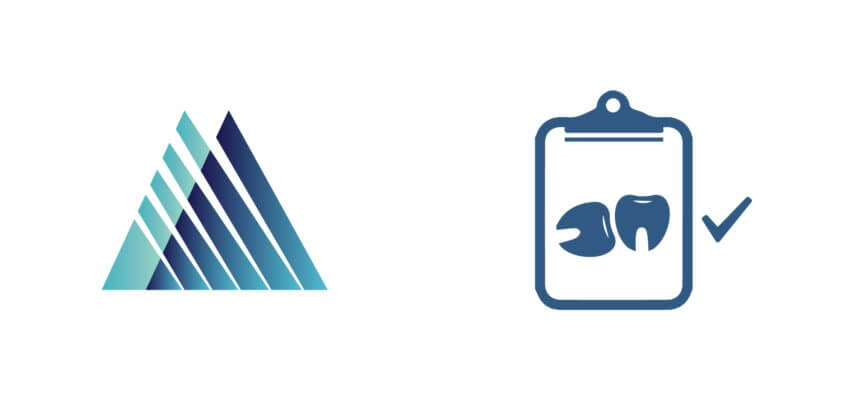The video above will cover important post-operative information for adherence after the exposure of an impacted tooth. If you are undergoing this procedure, it is important to follow these instructions exactly to ensure optimal healing and quick recovery.
After your surgery, do not disturb the wound or the packing that is placed inside your mouth. This packing is in place to keep the tooth exposed; however, do not be alarmed if this packing falls out or moves from its original position. If your surgeon has attached a small gold chain to the impacted tooth, leave the chain alone until your orthodontist can activate it. If this chain becomes dislodged from the tooth, please contact our office immediately to have the chain replaced.
A small amount of bleeding is common for up to 24 hours. If you experience excessive bleeding (your mouth fills up rapidly with blood), place a gauze pad directly over the surgical site and hold it in place with firm biting pressure for around 30–45 minutes or until the bleeding can be controlled. If your bleeding does not slow, please contact our office.
Swelling is normal after surgery and is a major cause of post-extraction discomfort. Swelling typically peaks by the third day and then starts to resolve; it can be reduced by the use of an ice pack. If indicated, apply the ice pack to the area of surgery as much as possible for the first 36 hours. Do not freeze the skin. Ice packs are useful for the first 36 hours only. Ice packs will not eliminate swelling, but they help to reduce its severity.
It is important to drink fluids after your surgery. Start with clear liquids, such as apple juice, tea, or broth. Always cool down any hot foods or liquids during the first 24 hours. You should eat only soft foods on the day of your surgery: for example, soups, eggs, and mashed potatoes. Gradually build your appetite back up to normal eating habits as soon as possible unless otherwise directed.
Discomfort is normal after any surgical procedure. Take your prescribed pain medication as directed. If you are not allergic or intolerant to non-steroidal anti-inflammatory drugs, start taking ibuprofen (also known as Advil® or Motrin®) as instructed by your doctor. Be certain to take your pain medications with food; this will help prevent nausea. Remember, narcotic pain medicine will impair your judgment and reflexes. Do not take any medications if you are allergic or have been instructed by your doctor not to take it. This may include patients with liver or kidney disease.
Begin brushing your teeth and cleaning your mouth the day after surgery. It is important to brush all of your teeth, even if the teeth and gums are sensitive. Bacterial plaque and food accumulation near the surgical site will delay healing. Begin saltwater rinses the day after surgery and continue until the surgical site heals. Rinse with warm salt water 6 times each day. To make the saltwater solution, dissolve ½ teaspoon of salt in a small glass of warm tap water.

